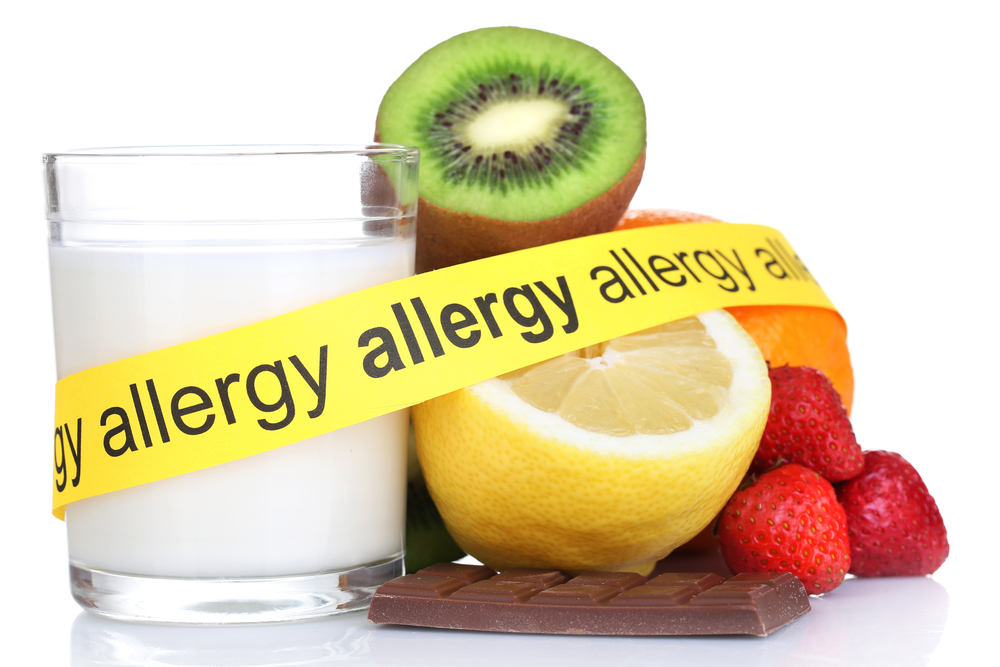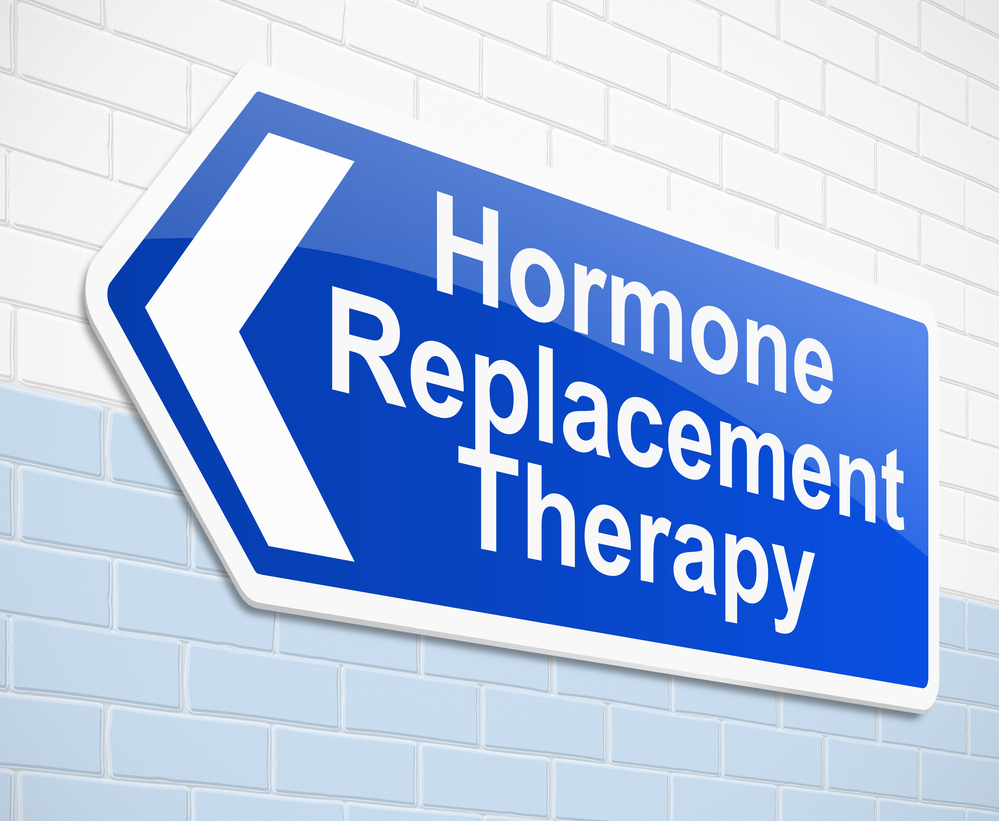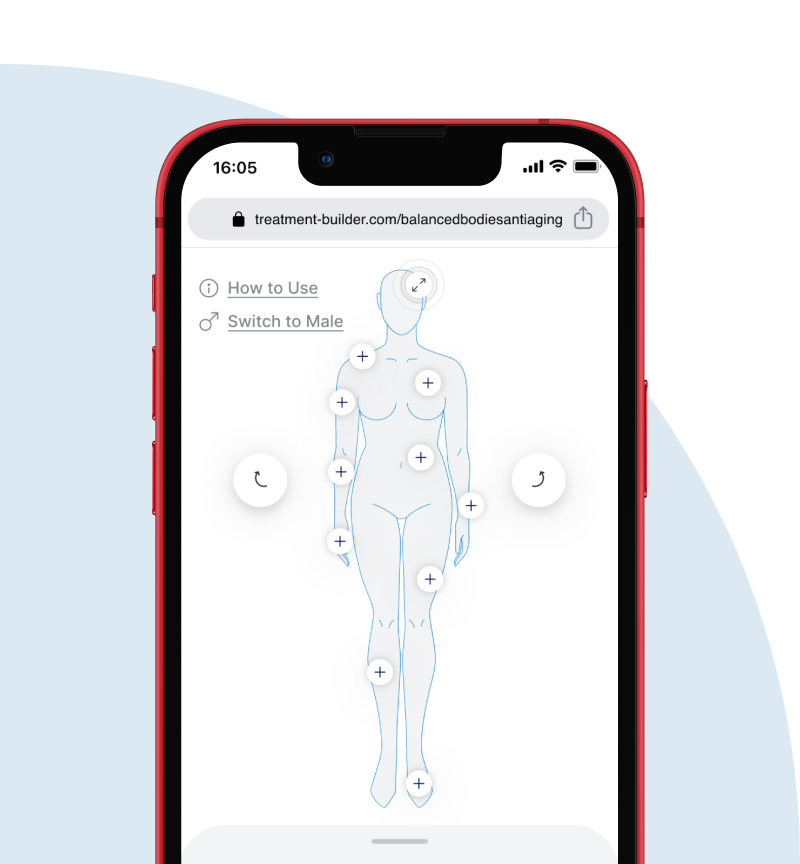
Most countries no longer require COVID-19 testing. However, you might want to get a test if you’re feeling unwell or visiting someone vulnerable. Now that almost everyone is either vaccinated or has already been exposed to the disease, people are much less likely to get seriously ill after contracting COVID-19. At Balanced Bodies Anti-Aging Clinic in Lawrenceville, GA, we offer treatments that boost patients’ immunity and reduce their vulnerability to disease.
Do You Still Need to Do COVID-19 Testing Before You Travel?
There’s no longer a legal requirement to get a COVID test before flying to most destinations, but the CDC still recommends it whenever you get on a domestic or international flight. Some countries require testing, so check your destination’s guidelines a week before you fly. If you decide to take a test, book an appointment at a clinic no more than three days prior to your flight, and make sure you have your result before you depart.
Getting tested is particularly important if you’re not feeling well in the days leading up to the flight, or you’re visiting someone who’s immunocompromised or vulnerable. Don’t get on the plane if your test is positive. Stay at home for five days, wear a mask when you’re out, and don’t visit vulnerable people for at least ten days.
If You’re Unwell
Currently, the most common Coronavirus symptoms are a high temperature, chills, a continuous cough, shortness of breath, a headache, a sore throat, a blocked nose, and a loss of appetite. Some people also lose their sense of smell or taste. Get a COVID-19 test if you’re experiencing any of these symptoms in the week before your flight.
If You’re Visiting Vulnerable People
Some people are more likely to become severely ill with COVID than others. The most vulnerable groups are people over the age of 80, those with a compromised immune system, and those being treated for a life-threatening condition like cancer. People who are overweight or obese are also considered high-risk. Always get tested before going to see someone who is elderly, has a medical condition, or is worried about contracting COVID.
What to Do If You Contract COVID
After testing positive, you need to take good care of yourself and make sure you don’t spread the virus to other people. Stay at home as much as possible, use home remedies and over-the-counter medication to address your symptoms, and wear a high-quality mask whenever you need to go outside. If your symptoms don’t improve, reach out to a medical professional, who will let you know whether you need to go to the hospital.
Stay at Home
COVID-19 is spread through close contact with people who have the virus. If you’ve tested positive, stay at home to avoid passing the disease on to others. The CDC recommends that you isolate for the first five days because that’s when you’re most likely to be contagious. If possible, don’t mix with other people in your household, and use a separate bathroom.
Fortunately, many services make it easy for you to avoid contact with people. Have your groceries or meals delivered. Some places offer same-day delivery, so you won’t have to go hungry and wait too long for essential items. If you’re well enough to work, ask your employer whether you can do your job from home for a few days.
Use Home Remedies and Over-the-Counter Medication
Most people report that COVID feels similar to a cold or flu. It can usually be treated with home remedies. Get plenty of rest and drink lots of fluids during the first few days. Keep a big bottle or glass of water by your bed, and drink broth, fruit juice, or tea with honey. Sometimes, people with COVID get administered to the hospital because they’re dehydrated, not because their symptoms are severe.
Take over-the-counter painkillers if necessary. Use an inhaler or take a hot shower to ease congestion and a sore throat. Keep monitoring your symptoms to make sure you’re not getting worse. If you start to feel dizzy or have trouble breathing, contact a healthcare professional right away.
Protect Others in Public
Sometimes, going out is unavoidable. Always wear a high-quality mask, ideally an N95 respirator, when you’re in public places, and only interact with people outdoors if you can. Don’t go to places where you can’t wear a mask. Follow each venue’s guidelines, and avoid sitting or standing close to others. Whenever possible, use private transportation instead of buses or trains.
Book a Telehealth Appointment
Don’t hesitate to get in touch with a health center if your symptoms don’t improve within a few days. The warning signs of serious illness are trouble breathing, wheezing, a high temperature that won’t come down, dizziness, and fainting. If you’re well enough, your first step might be to visit a COVID-19 testing facility, especially if you haven’t confirmed that you have COVID. Once you have your result, book a telehealth appointment at a clinic near you.
During this consultation, the doctor will determine whether you’re at risk of complications. If they believe that you need advanced care, they’ll refer you to a hospital. If not, they’ll let you know what you can do to treat your symptoms at home.
What to Do to Prevent Serious Illness
To avoid getting seriously ill after contracting COVID, make sure your body is in good shape. Lead a healthy lifestyle that includes nutritious foods and plenty of exercise. Give yourself a boost with an IV that contains the vitamins and minerals your body needs to ward off disease. Participate in our medical weight loss program to achieve and maintain your target weight and reduce your risk of many life-threatening conditions.
Leading a Healthy Lifestyle
Sticking to healthy habits is the best protection against COVID and similar illnesses. Eating well, exercising regularly, getting enough sleep, and reducing stress are habits that strengthen your immune system. Evaluate your lifestyle to figure out where you can make improvements. You might need to replace some of your unhealthy food choices with more nutritious alternatives, cut down on alcohol and sugary drinks, and increase your exercise levels.
If you believe that it will be difficult for you to make the necessary changes, reach out to us at the clinic. We’ll help you to figure out which lifestyle factors are putting you at risk and how you can improve your health without decreasing your quality of life. Healthy habits don’t just reduce your COVID-19 risk, but they also improve your appearance, provide you with more energy, and prevent heart disease and diabetes.
Medical Weight Loss
People who are overweight or obese are more likely to have serious COVID-19 complications, be admitted to the hospital, and pass away due to the disease. If you want to stay healthy and reduce your risk level, contact us about medical weight loss now. Our comprehensive program includes a consultation with a nutritionist and the prescription of weight loss medication.
Although you might be able to lose a few pounds on your own, it’s extremely hard to achieve your target and keep the weight off in the long run without supervision. At the clinic, we make the process easier by keeping you accountable and providing drugs that reduce your appetite or make you feel full more quickly.
Nutrient Therapy
Getting enough vitamins and minerals in your diet is challenging when you’re deliberately undereating to lose weight. If you’re feeling tired, lethargic, or you’re frequently ill, you’re likely not getting enough nutrients. A good way to improve your overall health is to participate in IV nutrient therapy.
We offer a wide range of options like the Immunity Drip, the Get-Up-And-Go-Drip, and the Myer’s Cocktail. Each of our IVs contains vital substances that sharpen your mind, help your body to repair broken tissues, and strengthen your immune system. When combined with a healthy diet and regular exercise, IV therapy can boost your well-being.
Improve Your Resistance to Respiratory Infections Now
COVID-19 testing is still important for people who have symptoms or are visiting a vulnerable friend or relative. Fortunately, COVID is no longer the threat it was at the beginning of the pandemic, and most people don’t experience severe symptoms when they contract the disease. Give us a call at Balanced Bodies Anti-Aging Clinic in Lawrenceville, GA to find out more about how our treatments help you reduce your risk and improve your immune system.


